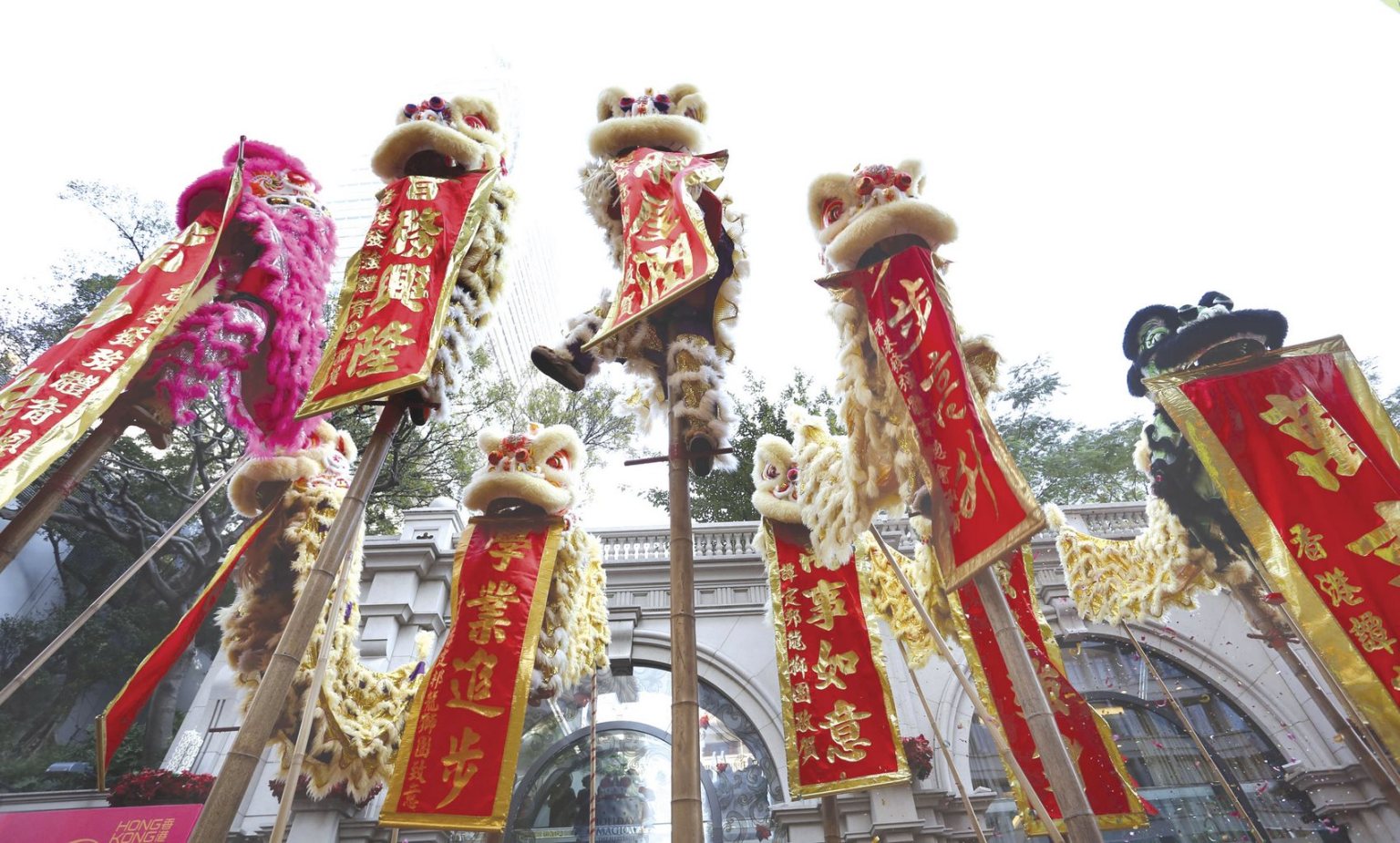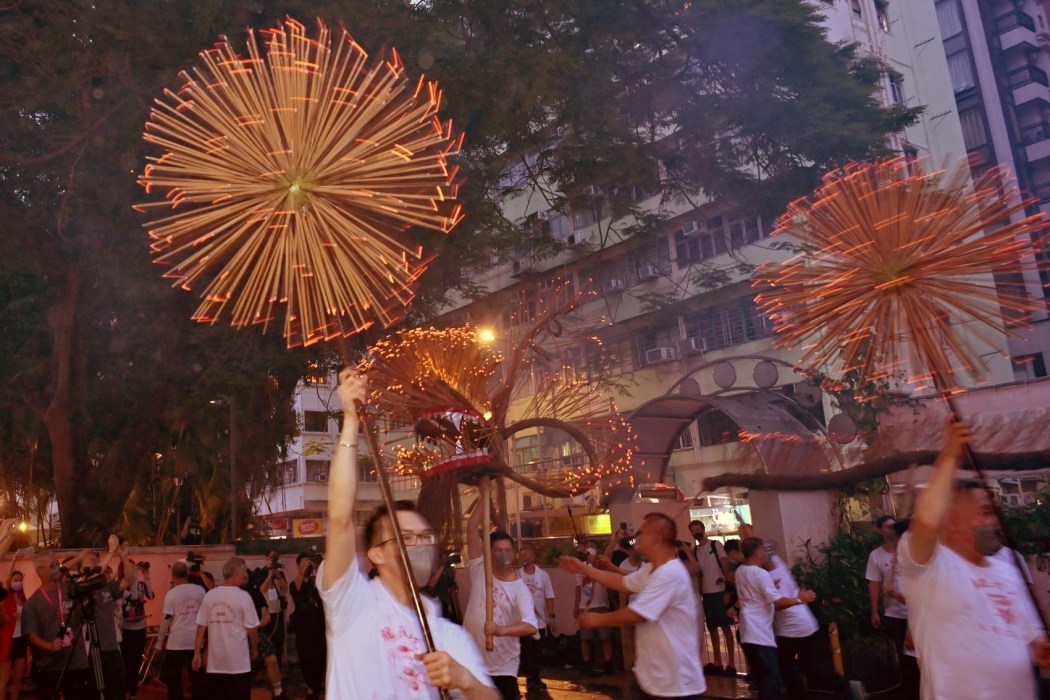Meet Henry Ng, possibly the last lion head maker in Singapore
Henry Ng has spent a lifetime dedicated to the craft of making lion dance lion heads by hand.
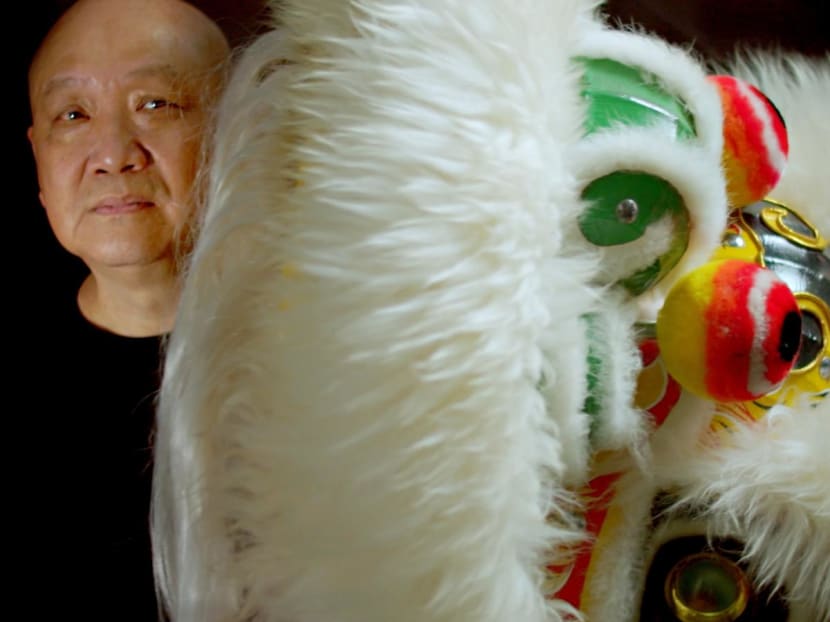
A self-taught artisan, Henry Ng has spent the last 50 years honing his craft and making lion heads the traditional way – by hand. (Photo: Freestate Productions)
6 min
by KAREN TEE
28 Mar 2024 04:51AM (Updated: 28 Mar 2024 05:09AM)
In Singapore, the rousing sound of drums and cymbals indicates that a lion dance performance is about to begin in the vicinity. While this athletic performance is still familiar here (especially during Chinese New Year), what is lesser known is that the lion dance costumes are increasingly hard to find.
For troupes seeking good quality, attractive and lightweight lion heads for their performances, there is only one man they would trust – Henry Ng, who is believed to be the last remaining lion head maker in Singapore.
A self-taught artisan, Ng has spent the last 50 years honing his craft and making lion heads the traditional way – by hand, a rarity in this ultra-modern country. In Singapore, it is not difficult to find a lion dance master, but it is near impossible to find a lion head master craftsman, he said.
His creations are so distinct that regular performing troupes can easily recognise his work; many Singaporeans who grew up watching lion dance performances would have seen his creations, even if they do not realise it.
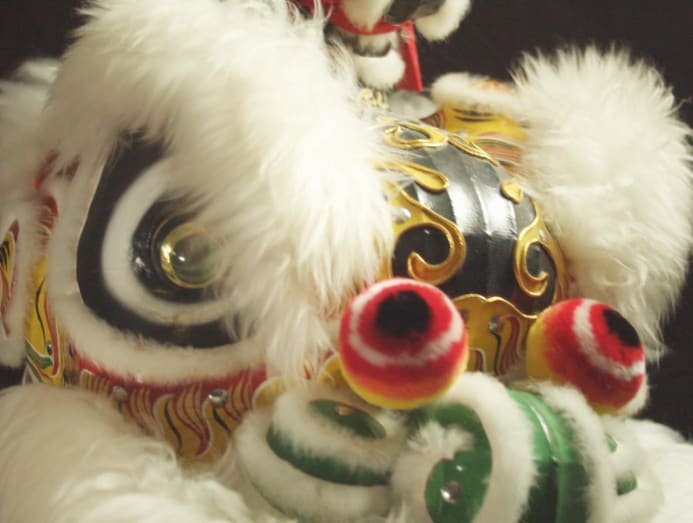
Ng's signature lions have perky and lifted features, and the lips open up. (Photo: Freestate Productions)
“The ‘Fohe Lion’ that is made in Singapore is my trademark,” said Ng. “My lions must have perky and lifted features, and the lips must open up. These are the two elements that many people have tried to plagiarise, but they can never copy exactly how I do it.”
What began as a hobby for Ng as a teenager evolved into a lifelong pursuit of perfection. He had always loved lion dances and as a child, whenever he heard the drums, he would follow the sound to watch the performances. When he joined the school’s lion dance club, he recalls being obsessed with thinking of ways to make his own lion heads.
When he was in secondary three, an idea came to him. “I went to a paper shop and bought some bamboo strips to make my own lion head in the kitchen. I experimented and slowly, step by step, figured out the process of making a lion head,” he said.

It takes Ng an entire day to trim some 100 bamboo strips to the ideal thickness and length to create the structure of the lion head. (Photo: Freestate Productions)
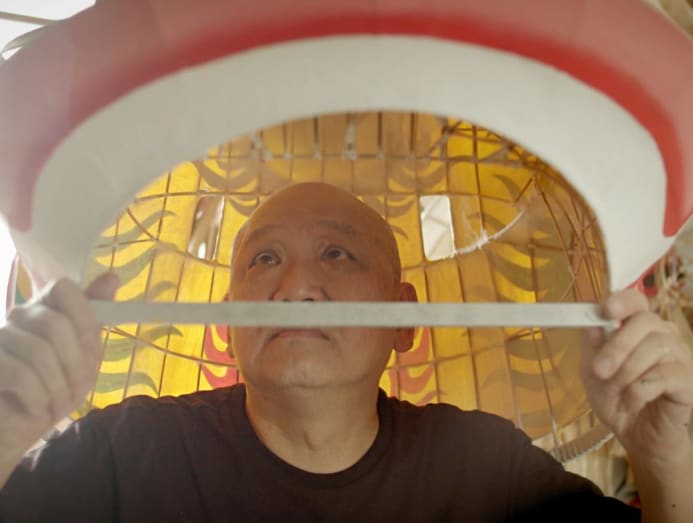
(Photo: Freestate Productions)
However, lion head making remained a hobby for years. When he grew up, he worked as an aerospace technician. It was only in 1995, when his wife got pregnant and his request to take a month’s leave from work was declined, that he decided to quit his job and pursue lion head making as a full-time job.
“At that time, my friend told me that if I can make a lion head well, I would definitely have some orders,” he said.
When word got out in the lion dance community that Ng was making lion heads, orders started streaming in. The frequent lion dance competitions during the 1990s also kept his business going.
“After all these years, people have come to know me as the lion head artisan of Ang Mo Kio,” he said.
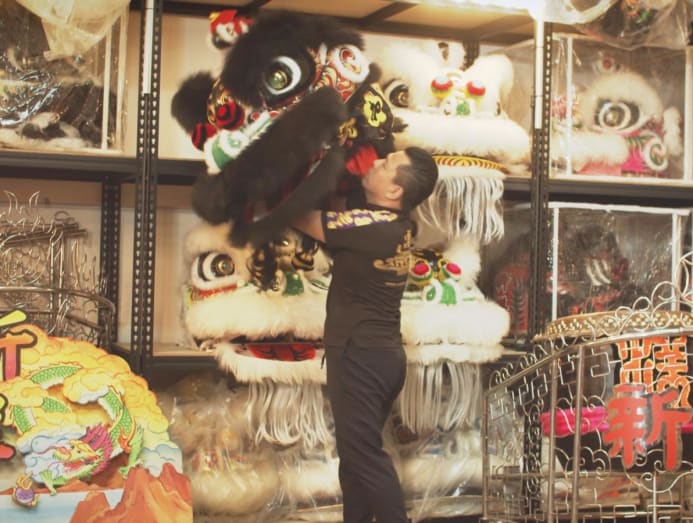
Adrian Chia, the founder of the Xinyang Athletic Association lion dance troupe, is one of Ng's most loyal collectors. Of the 100 lion heads he owns, half are Ng’s creations. (Photo: Freestate Productions)
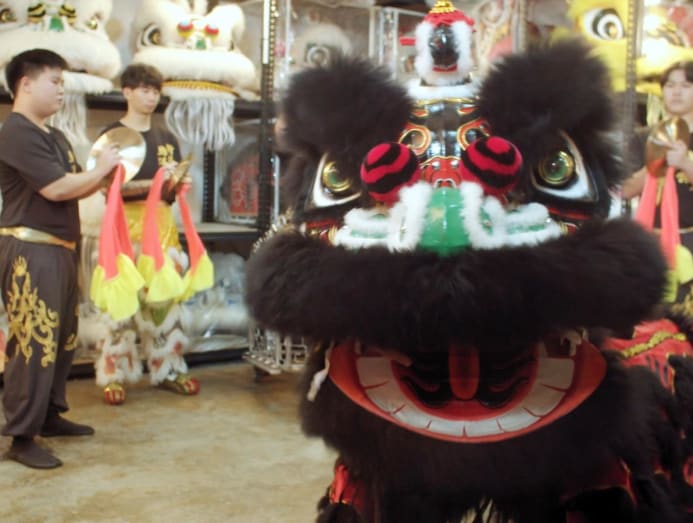
Through years of experimentation, Ng’s lion heads are now lighter and easier to manoeuvre, an achievement that lion dance troupes performing stunts during competitions greatly appreciate. (Photo: Freestate Productions)
Making the lion’s head is a painstaking effort. For instance, it takes an entire day for Ng to trim some 100 bamboo strips to the ideal thickness and length to create the structure of the lion head.
“The structure and composition of the lion's head is the most important as it influences the gaze of the lion, making it look fierce or gentle. The workmanship is important in accentuating the expression and gaze,” said Ng.
Once the structure is complete, he works on the design of the lion’s features. “Every time I make a lion head, I put in a lot of effort in the design; I want to make each one unique. However, this is also the moment when you struggle the most because once you apply the colour, you cannot change it. One needs experience in blending colours and some artistic skills, to achieve an attractive combination of colours,” he said.
Through years of experimentation, Ng’s lion heads are now lighter and easier to manoeuvre, an achievement that lion dance troupes performing stunts during competitions greatly appreciate.
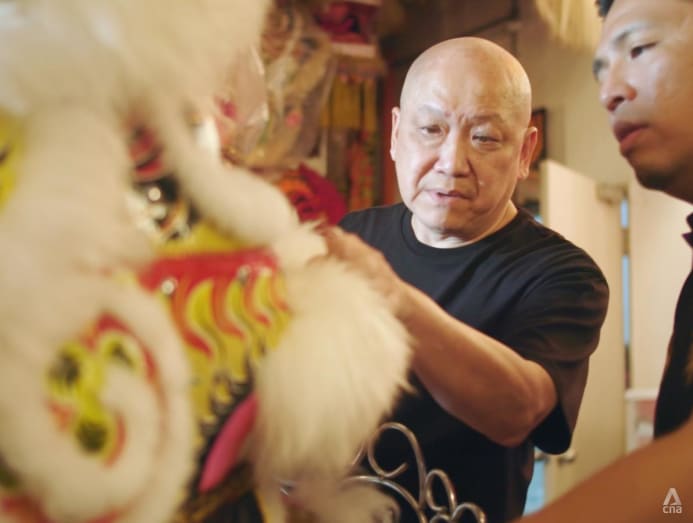
Ng quit his job in 1995 to pursue lion head making full-time when his request to take a month’s leave from work during his wife's pregnancy was declined. (Photo: Freestate Productions)
Adrian Chia, the founder of the Xinyang Athletic Association lion dance troupe, is one of his most loyal collectors and has been acquiring Ng’s lion heads over the last 20 years. Of the 100 lion heads he owns, half are Ng’s creations.
Chia said: “Master Ng's lions are really pieces of art. They are handmade with his heart and soul, and his works are very intricate. He was a lion dancer himself, so he knows all these little details on what makes a good lion head.”
Ng’s creativity is not limited to making lion heads. In collaboration with Italian-Singaporean design duo Lanzavecchia + Wai, he has crafted modern lampshades inspired by the shape of lion heads.
“Even though I am a lion head artisan, I want to remain open-minded. If some good ideas come along, I will love to collaborate,” said Ng.

Ng collaborated with Italian-Singaporean design duo Lanzavecchia + Wai to create Series 1 - Handcrafted Lighting Objects, a series of lampshades that blend this traditional craft with a modern utility. (Photo: Lanzavecchia + Wai) …see more
“The design of the lampshade evolved from the lion head. After I saw the design draft, I had to use my own ideas and creativity to complete the task. I weaved the shape of the lampshade using the traditional method, first tying the bamboo strips together, then glueing the paper on before painting the colours.”
This fusion of tradition and innovation resulted in the Leone Series 1 - Handcrafted Lighting Objects, a series of lampshades that blend this traditional craft with a modern utility.
As perhaps the sole remaining lion head artisan in Singapore, Ng recognises the weight of traditional craftmanship resting upon his shoulders. Fuelled by an unwavering passion to uphold this ancient craft, he persists, undeterred by the laborious and time-consuming nature of his work.
He also channels his creativity into dreaming up fresh ideas and innovative designs for his lion heads, always striving to push the boundaries of tradition.
“If I were to conceive a brand-new style of lion heads, I would elevate the forehead to exude a sense of grandeur and beauty,” he mused. “I firmly believe that true growth stems from embracing difficulties without fear.
Adapted from the series Remarkable Living (Season 6). Watch full episodes on CNA, every Sunday at 8.30pm.





 Reply With Quote
Reply With Quote